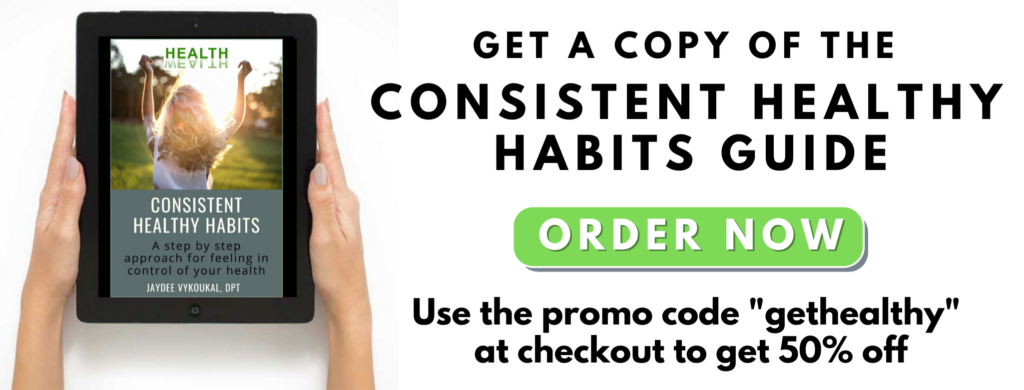Building Awareness for Mental Health and Ending Stigma
Nowadays, it is more important than ever to talk about the importance of mental health. About one fifth of the adult population, almost half of teenagers and 13% of children are affected by mental illnesses. There may be people struggling with various mental issues in your family, in your neighborhood, or at your workplace as well. Therefore, building awareness for mental health is necessary to be able to detect these illnesses and help those who have troubles with maintaining their mental health.
Unfortunately, there is still a stigma attached to mental health issues, and for many, this is the reason why they don’t seek help and receive any kind of treatment. When these mental illnesses are untreated, they can cause many problems in several aspects of life. They can lead to poor performance both at work and school, worse chances in employment, and also a higher risk of suicide.
Today, we will dive into how the pandemic has affected people and their mental health, what the prevalence of mental illnesses is, and what we can do about mental health.

The pandemic and our mental health

The last year has brought into our lives many challenges. In 2020 people had to face:
- the fear of bringing COVID-19 to their home when going to work,
- anxiety about the future,
- the threat of losing their livelihoods,
- financial problems,
- the challenge of working and studying remotely,
- social isolation (limited contact with friends and family members),
- the fear of getting infected by COVID-19
- the grief of losing someone.
These are just a few of the many challenges we had to deal with recently, and most likely these issues will stay for a while.
This situation is certainly difficult for everyone. In general, we handle social isolation and lots of restrictions badly as we humans are inherently social. So we need social interactions for maintaining our well-being. Also, we need financial security but the economic consequences of the global pandemic just made us more anxious and worried.
When it comes to people with mental health issues, the negative effects of the pandemic are even worse. They may feel more isolated than ever before. Therefore, it is important to raise awareness for mental health and do something to prevent these health conditions and improve mental health.
Related read: Simple Strategies for Self-Care That Work
Prevalence of mental illnesses
According to the National Institute of Mental Health, in the United States, nearly one out of five adults have some kind of mental illness. Other studies show that mental health is worsening in every age group.
But before we would go too deep into the subject, let’s make it clear what we call a mental illness or mental health disorder. Mental illnesses include various mental health conditions that affect your thinking, behavior, and mood as well. Common mental illnesses are anxiety disorders, depression, eating disorders, schizophrenia, bipolar disorder, and a wide range of addictive behaviors. In the United States, the most common mental illnesses are anxiety disorders, with more than 18% of the population is affected by these.

Interestingly, even before the pandemic, the prevalence of mental health disorders was increasing amongst American adults. The situation regarding youth mental health is also troubling: almost 10% of youth have severe depression in the United States.
Unfortunately, many people don’t receive any kind of treatment for the mental illness they have to live with. It can be because of the stigma around the subject of mental health, or also because some people don’t have access to these treatments.
Related read: How to Maintain a Healthy Lifestyle in these Crazy Times
8 things you can do for your mental health
If you are wondering what you can do to keep your balance and maintain your mental health, there are many things you can do. Also, if you have a friend or family member who may need help, you can give them several tips for better mental health. Let’s review a few from the many useful pieces of advice.
1. Be kind to yourself and love yourself
The first thing that you can do for your mental health is to be kind to yourself, express self-love and avoid self-criticism. Give yourself the respect you deserve and appreciate every good thing that happens to you. You can even start to write a gratitude journal to be more grateful each day. Moreover, try to spend enough time doing what you like, try new hobbies and learn new skills.
Related read: The Health Benefits of Good Reading Habits
2. Take care of your body
When you take care of your body, you will also feel better mentally. This is because your physical health affects your mental health. Take care of at least your basic physical needs:
- pay attention to your diet and try to eat nutritious, healthy meals
- drink enough water
- get adequate sleep each night
- lead an active lifestyle, exercise regularly with a designated program or routine,
- avoid smoking, alcohol, and other drugs.
3. Improve your stress management skills
We have to deal with a lot of stress every day, but it’s important to learn how to manage it: take a walk, do yoga, play with your dog, write a journal or talk with a friend.
4. Practice mindfulness
Practicing mindfulness can help a lot with improving your mental health. You can try meditation, yoga, various relaxation exercises, or even praying. All these activities make you feel calm, and help you be more present.
Related read: 8 Reasons Why Health Consciousness is Important
5. Surround yourself with positive, supportive people

Our surroundings can significantly affect our mental health. Therefore, try to surround yourself with supportive people who are always there for you and have an abundance mindset. Also, don’t isolate yourself. Meet new people or talk with your friends and family members (even if it is possible only through the internet), and participate in social activities with them.
Related read: 12 Characteristics of Unhealthy Relationships
6. Improve your goal-setting skills
You have to learn how to set realistic goals. Very often we feel stressed or unsuccessful because we set our goals so high that we don’t have too much of a chance to achieve them. If you have realistic goals, they can be achieved more easily with hard work.
7. Take a break from your monotonous lifestyle
In general, monotony stresses the brain and is harmful to your mental health. It is better to take a break from our monotonous lifestyle and change our daily routines a little. (Although routines can bring the feeling of security, a little modification can be beneficial.) Think about small changes like going to work on a different route, getting out for a walk in a new neighborhood, going on a weekend getaway, or doing the grocery shopping in another shop.
8. Don’t be afraid to ask for help

Many people think that seeking help with mental issues is a weakness. But it is rather a sign of strength! If you feel that you need help with handling your emotions or behavior (especially if you have suicidal thoughts), don’t be afraid to ask for professional help and services. Nowadays, treatments are highly effective and can help you to recover from a wide range of mental disorders.
If you or someone you know is struggling emotionally or has any kind of mental illness, here are a few resources to get help.
Related read: 8 Mental and Spiritual Self-Care Ideas

Related read: Positive Mindset Quotes for Health and Life
Considering the recent happenings about the health crisis, it is important to build awareness for mental health. Although it is quite difficult to maintain our mental health and have a balanced lifestyle in this situation, with attentiveness towards ourselves and our surroundings, education, and community support we can do a lot for our mental health.
Do you agree that it is essential to raise awareness for mental health? And what are you doing for your own mental health?






